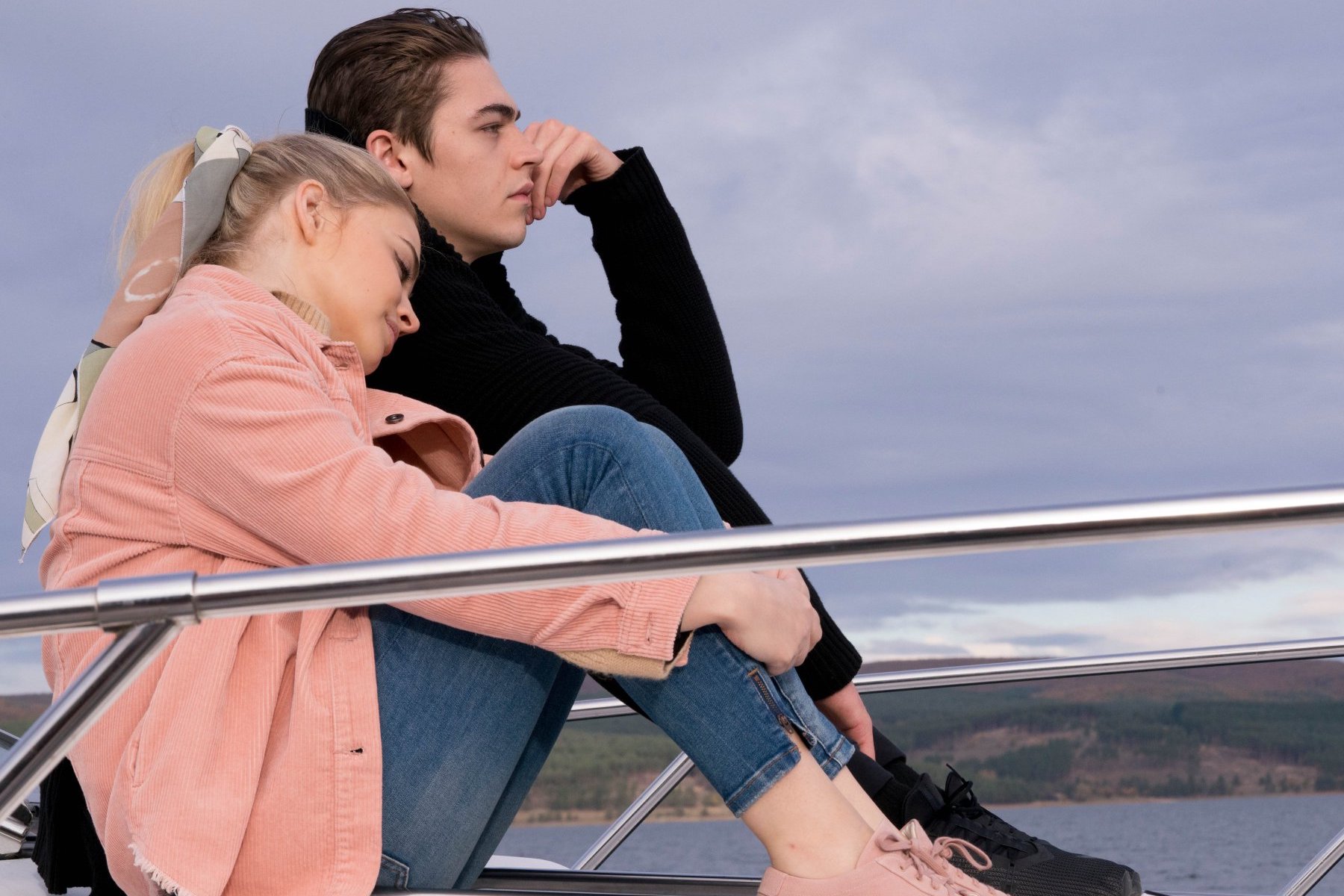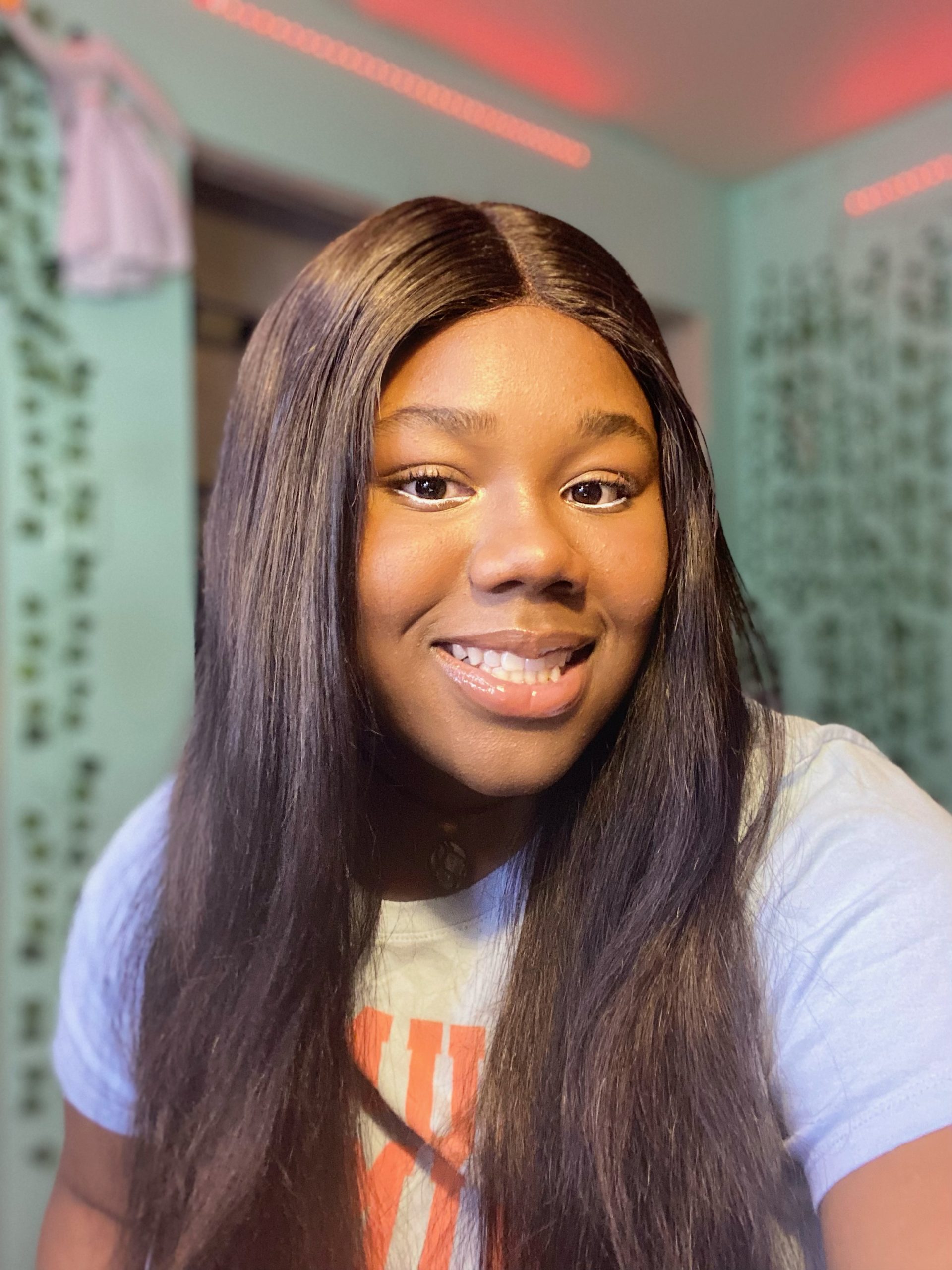Many don’t know the origin of the film “After We Fell” or the “After” franchise itself. To shed some light, the story began as a Wattpad fan fiction. The fan-written story is loosely based on singer Harry Styles and once featured a character of the same name before it was changed to Hardin Scott. “After” was written by 24-year-old Anna Todd, a fan with the username Imaginator1D. Since its launch in 2006, the writing app Wattpad has made it possible to write your own tales for the world to read and fantasize along with. For example: Take the obsession with forbidden romance novels and combine it with the 2013 fangirl craze that followed British boy band One Direction. With both those extremes put together, “After” seemed destined to be a phenomenon the minute it hit the Wattpad site.
“After” holds the title of the most-read story on the Wattpad platform, generating over one billion reads. The success and mainstream attention “After” received is sensational. It’s crazy to think that the story went from being written on an iPhone to hitting the big screen in 2018. However, the content of the past two “After” films are undeniably toxic, and the third installment, “After We Fell,” continues the trend, also stressing toxic ideas to audiences.
“After We Fell” picks up right where the previous film left off. Main character Tessa Young, played by Josephine Langford, is dealing with the reappearance of her alcoholic father who exited her life during her early childhood. The idea of repairing this relationship intrigues Tessa and appears to be a wound she really wants to heal from. However, controlling boyfriend Hardin Scott, portrayed by Hero Fiennes Tiffin, attempts to shut her down and paints her father — who Hardin doesn’t even know — as a thief and a user, saying, “He’s probably shoving all our stuff into his pockets.”
Hardin completely contradicts his worries about Tessa’s father’s bad habits by deciding to him to a bar for a drink. This results in the two men getting involved in a brutal bar fight. Tessa confronts Hardin about the dangers of his reckless choice and attempts to address his drinking problems as well. Hardin replies with the joke, “Two alcoholics walk into a bar.” The viewer also watches Tessa and a close friend gush over her receiving her dream job in Seattle and preparing for the life-changing relocation. However, when Tessa reveals the news to Hardin, he is everything but ecstatic. This sets the tone of the film and remains a major conflict that the couple faces throughout.
These are just a few depictions of the reckless representation of young love displayed in “After We Fell.” The vivid illustrations of Hardin’s manipulation are difficult to ignore. The way Hardin guilt trips Tessa about taking the job in Seattle is extremely harsh and overbearing. Later in the film, she questions whether she should give up on the dream altogether and just follow Hardin to London to make him happy.
As her boyfriend — and the person who claims to love her most in the world — Hardin should support Tessa’s dreams no matter what. Since the first film, Tessa has always seemed willing to give up some of the biggest things in her life for Hardin’s sake. She ended her high school relationship and completely demolished her relationship with her mother — the only family she had — all for him. Despite all of this, Hardin never seems to reciprocate her efforts. No matter what Tessa does, none of it seems to be enough for Mr. Hardin Scott.
After viewing “After We Fell” it’s clear that the teams behind the film cared more about the steaminess of the relationship than the appearance of actual depth. The couple so badly lacks communication as well as simple trust. In fact, the lies begin as soon as the characters grace the screen with their presence, and no actual communication happens between the two. Throughout the film, they learn things about each other from the mouths of other people, and it’s unsettling. After spending years together, Tessa and Hardin should be able to talk to each other. Instead, they repeatedly resort to lashing out in moments of anger rather than holding a civilized conversation about the problems at hand.
“After We Fell” places emphasis on the couple’s sexual relationship, which doesn’t mitigate the couple’s toxicity in any way. Sex is normal, but the way it’s used in the “After” franchise is, without a doubt, unhealthy. Instead of talking through their issues, Tessa and Hardin follow the same repetitive cycle: They fight, have sex, suddenly everything is fine, and then the next argument begins. The cycle seems like it’ll never end, leaving so many issues unresolved.
Romanticizing a relationship as toxic as the one between Hardin and Tessa can be so damaging to younger audiences. Portraying a relationship characterized by abuse and a lack of communication as something that should be desired isn’t likely to end well. Young people will view these movies and begin to believe that the behaviors exhibited on the big screen are okay. But they aren’t. “After We Fell” continues to brand the couple as “unable to be without each other.” Yet in reality, it would be much healthier for the two to take some time apart to reflect on their relationship.
However, with one more film — “After Ever Happy” — left in the franchise, the writers and directors still have time to fix the mistakes made in “After We Fell.” Altering these issues is a simple fix. The team behind the film just needs to show the couple engaging in productive conversations regarding the current state and future of their relationship. This will allow viewers to absorb progressive ideas and will stop the circulation of such damaging media. It’ll also make for a better overall viewing experience for fans; the “After” franchise may even receive improved critic ratings, too. After all, Hardin and Tessa’s love for one another is undeniable, but rather than handing them the answers to their relationship problems on a silver platter, their happily ever after needs to be earned.

















